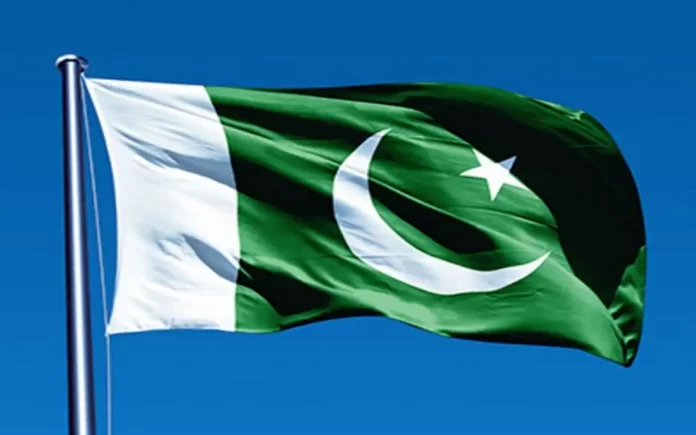Islamabad: The Election Commission of Pakistan (ECP) has finally unveiled the long-awaited results for 264 out of 265 seats in the National Assembly, with PTI-backed independent candidates securing the majority of seats. However, the aftermath of the announcement is marked by controversy and protest, casting doubts on the legitimacy of the electoral process.
Former PPP senator Farhatullah Babar has criticized the ECP’s delay in uploading Form 45 and Form 47, essential election documents, on its official website. Babar highlighted the significance of transparency in refuting allegations of complicity and ensuring the integrity of the electoral process.
In another development, PPP central information secretary Faisal Karim Kundi suggested that party Chairman Bilawal Bhutto-Zardari should consider leading the opposition if he fails to secure the prime ministerial position within a stable coalition alliance. Kundi emphasized the importance of prioritizing the party’s interests and serving the people from a robust opposition stance.
The announcement of election results reveals PTI’s dominance, with its affiliated independent candidates winning 97 out of 265 National Assembly seats, according to Al Jazeera. This unexpected lead has stirred controversy, especially with former Prime Minister Nawaz Sharif’s Pakistan Muslim League-Nawaz (PML-N) securing 76 seats and the Pakistan People’s Party (PPP) clinching 54.
The election results have triggered protests across the country, fueled by allegations of vote tampering and rigging. The delay in releasing final results, coupled with stay orders issued by courts, has exacerbated tensions and raised concerns about the democratic process’s integrity.
The military’s call for stability amidst the political turmoil underscores the gravity of the situation. With no party winning a clear majority, the prospect of forming a coalition government becomes increasingly complex, further prolonging the uncertainty surrounding Pakistan’s political future.
Analysts speculate on possible scenarios post-election, ranging from a coalition government involving major political parties to potential alliances between unlikely partners. However, amidst the turmoil, the Pakistani populace’s demand for change and accountability remains palpable, reflecting a nation eager for a new direction and effective governance.
As protests continue and legal challenges unfold, the fate of Pakistan’s government hangs in the balance, highlighting the critical juncture at which the nation finds itself. The aftermath of the elections serves as a testament to the challenges and complexities inherent in Pakistan’s democratic journey, underscoring the need for transparency, accountability, and respect for the democratic process.



